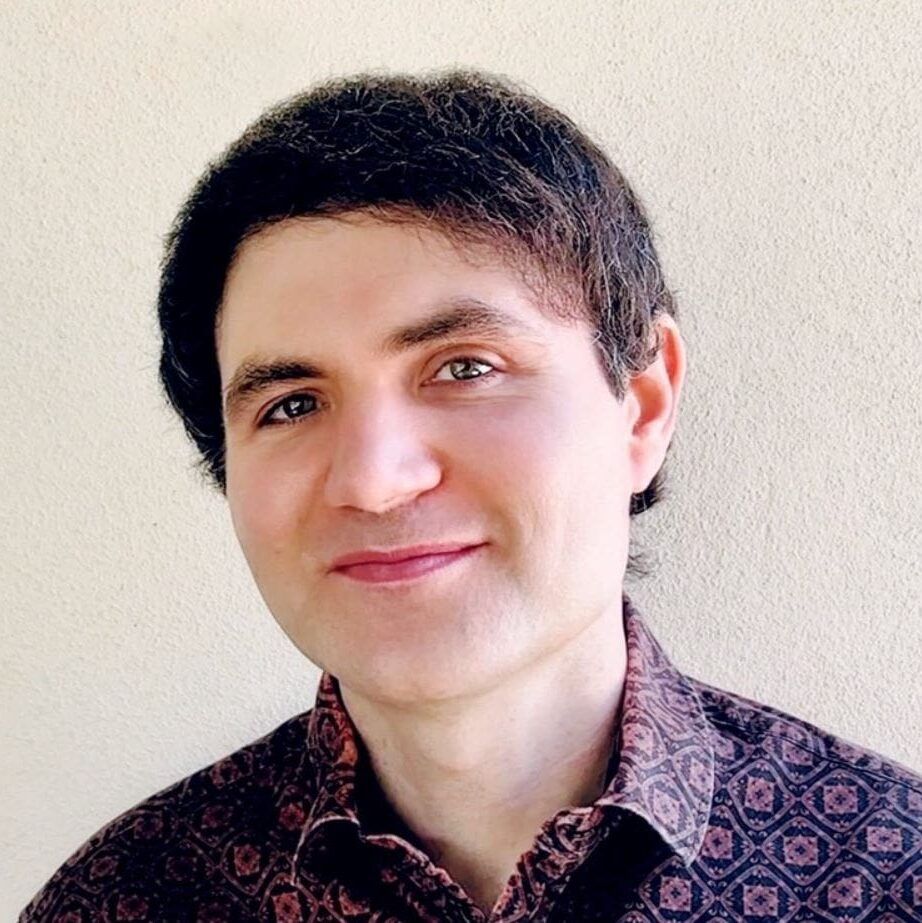Many project and business planning failures stem from a lack of strategic thinking and conceptual errors made during the early planning stages. Recognising and addressing these errors from the outset is crucial for successful outcomes.
In its training for engineers, NASA highlights the disastrous consequences that can result from a lack of critical thinking. Reflecting on its own history, NASA now advises engineers to “Extrapolate Existing Data into Unknown Regions with Extreme Caution.” But what does this caution look like in practice? How can we predict outcomes, avoid mistakes before they occur, and identify the unknown unknowns? How do we filter out distracting noise and biases, and when should we trust our intuition?
The World Economic Forum ranks critical thinking and problem-solving as the top employability skills required for the future workforce. By 2025, it is estimated that 50% of workers will need to reskill, with these abilities being central to their success. McKinsey & Co. also emphasises that thriving in today’s uncertain environment requires clear, decisive thinking that can cut through noise and avoid the biases that often undermine decision-making.
This program is designed to teach participants how to identify and avoid common thinking errors that can lead to poor planning and decision-making. Through an exploration of real-world examples—from historical events to corporate mishaps, large and small—participants will gain insights from disciplines such as business management, economics, philosophy, project management, and formal logic.
By the end of this program, participants will be equipped to:
- Recognise and avoid common cognitive traps that hinder effective decision-making.
- Apply critical thinking strategies to navigate uncertainty and make informed decisions.
- Enhance their strategic thinking skills to improve planning and execution in a rapidly changing environment.
Through a blend of theoretical knowledge and practical applications, this course will empower participants to think critically, plan effectively, and lead confidently in a world where the only constant is change.
About the facilitators

Dr Adam Andreotta
Adam is a lecturer in the School of Management at Curtin University. He has experience in teaching ethics and critical thinking to MBA students. His research interests include the philosophy of artificial intelligence, the ethics of big data, incivility and self-knowledge.